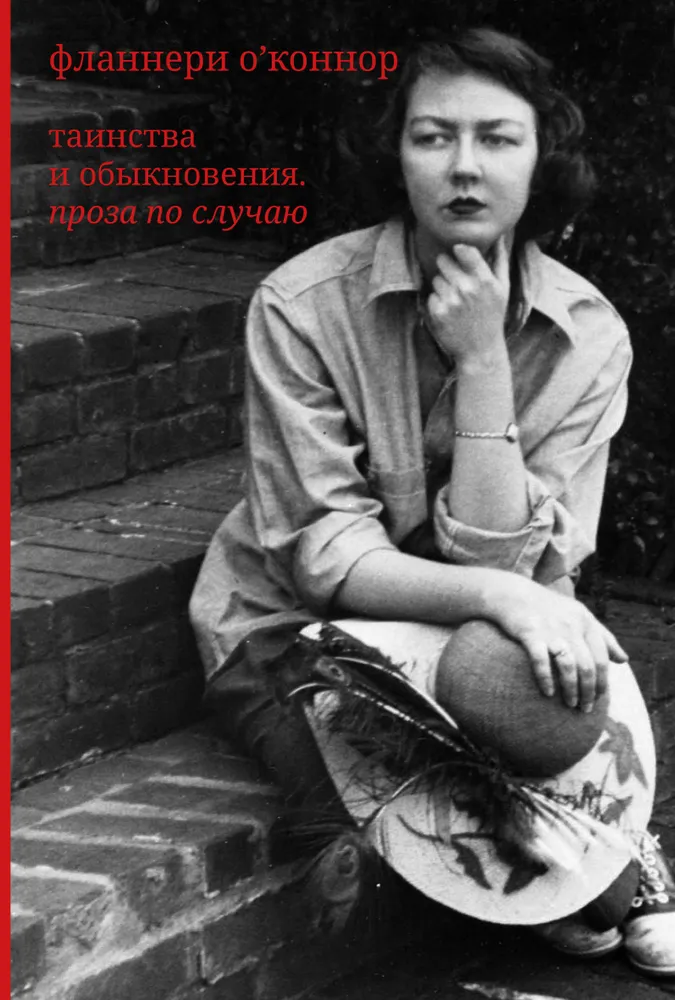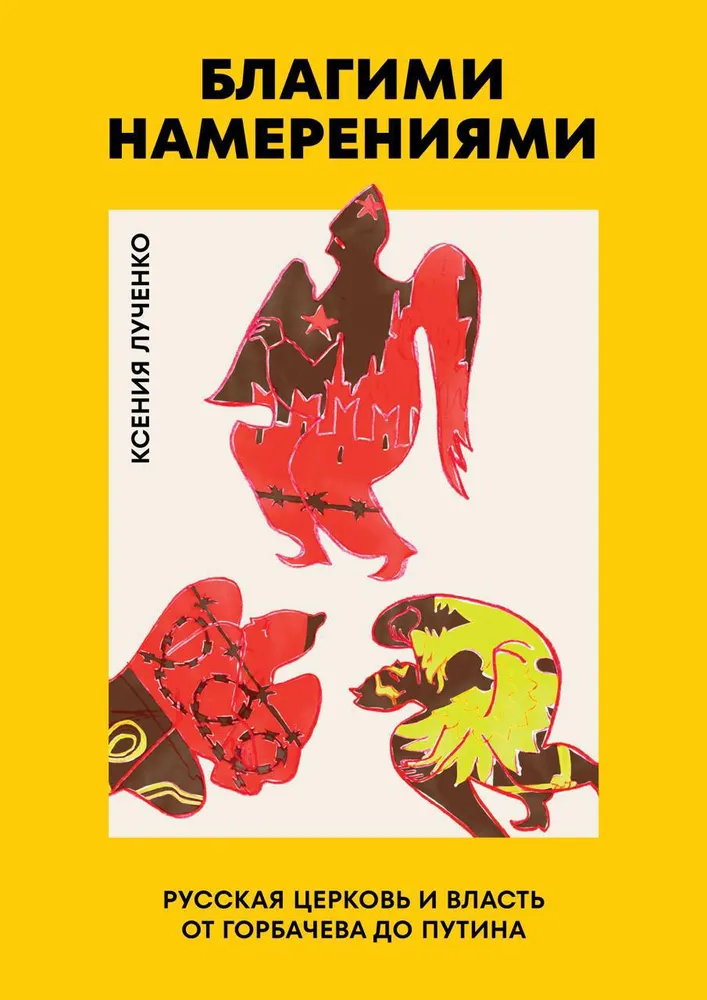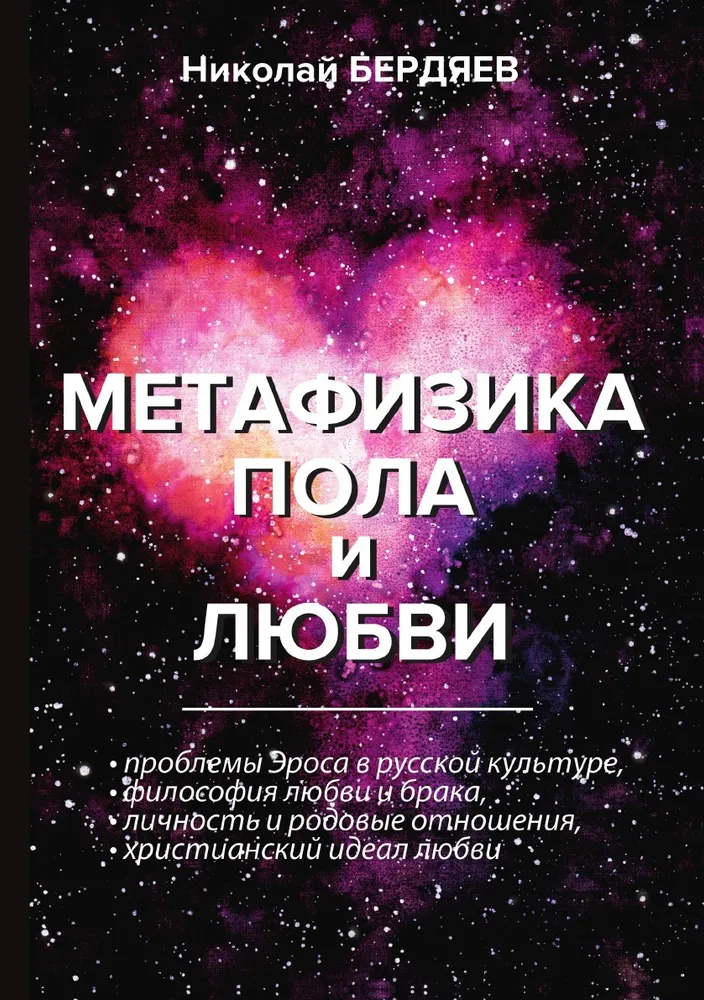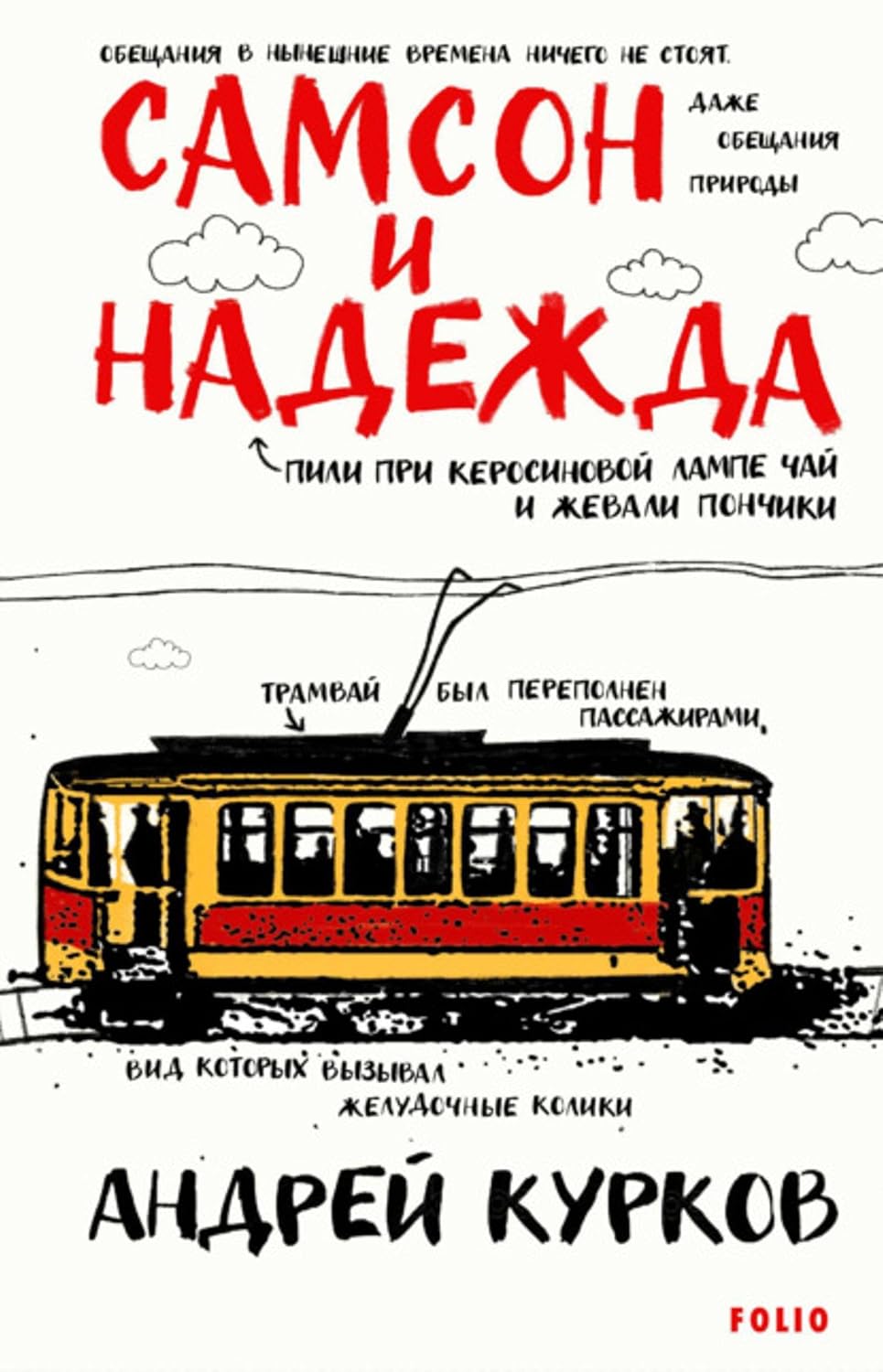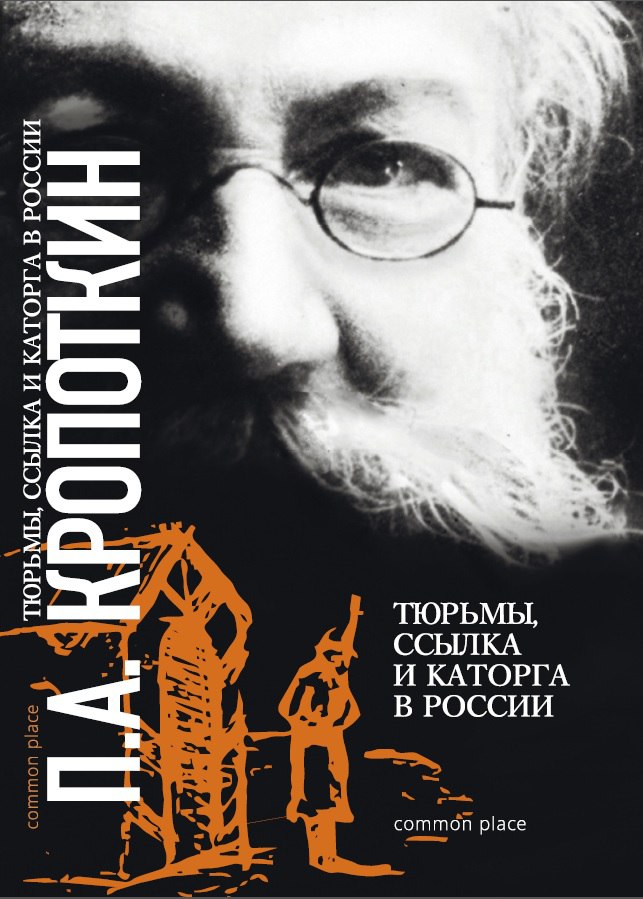Бердяев действительно самый левый в русской религиозной философии и, вероятно, самый христианский среди русских народников, что не помешало ему обмануться на счёт судеб русского человека, которого (после Второй мировой — уже точно) вытеснил человек советский, ни в чём не наследующий предшественнику. «Русская идея» предельно исторична, она не укладывается в современные имперские нарративы о внеисторичности (потому от идеи остался только ярлык, самый свежий из всех переклеенных), её верхняя граница пролегает там, где Бердяев теряет связь с пониманием исторического момента. Учитывая сосредоточенность Бердяева на эсхатологическом, это большая ошибка, на которую нужно накладывать наши упражнения в понимании категорий советского-постсоветского, колониального, ориентального, постхристианского, постсекулярного. Что тут искать егорам, я не понял: Леонтьеву и Данилевскому тут комплиментов едва ли найдётся, глуповать вслед Блоку если только.

